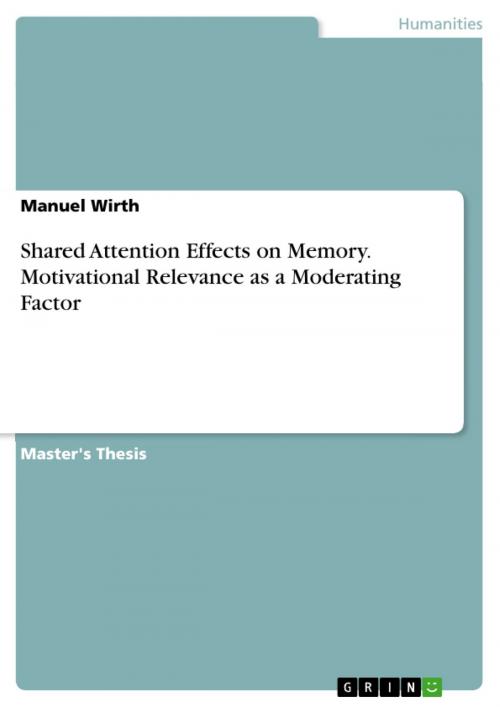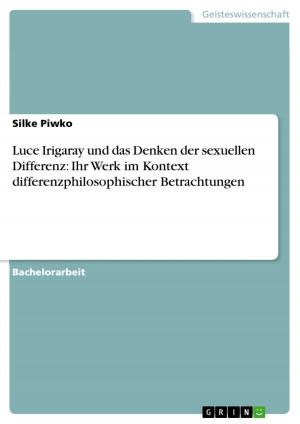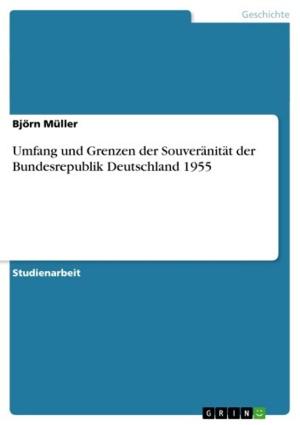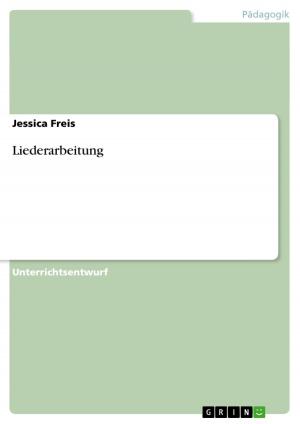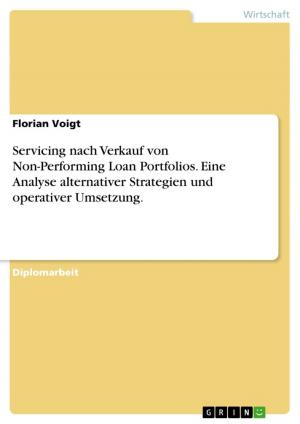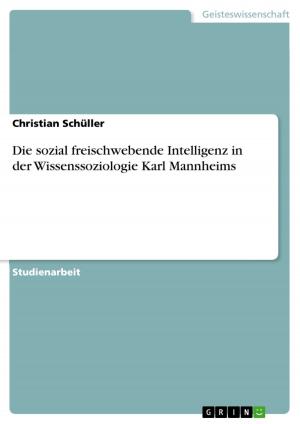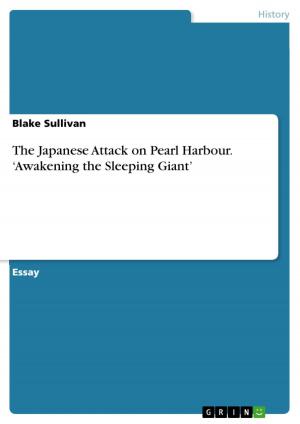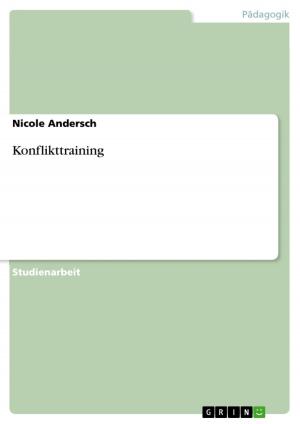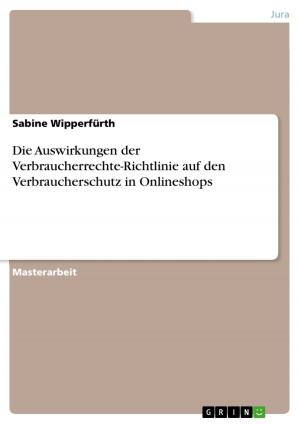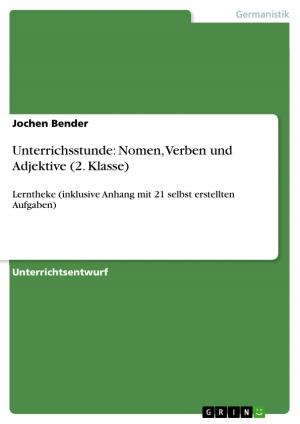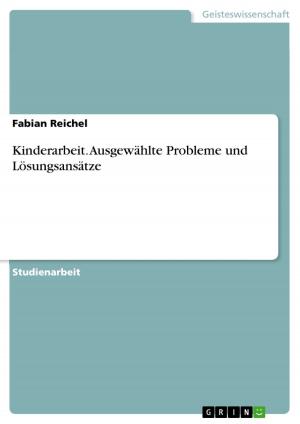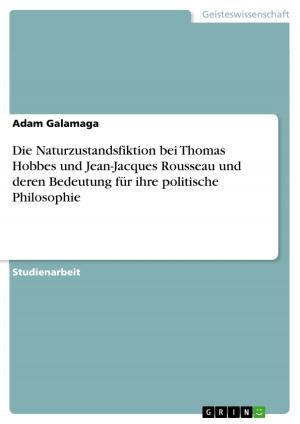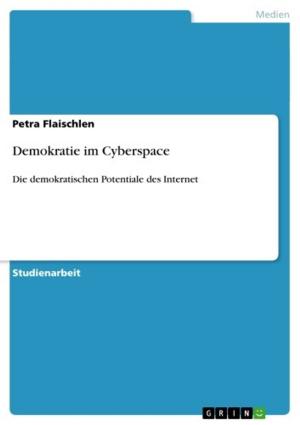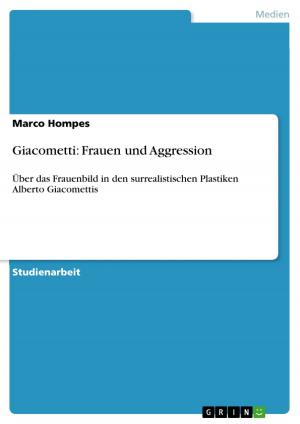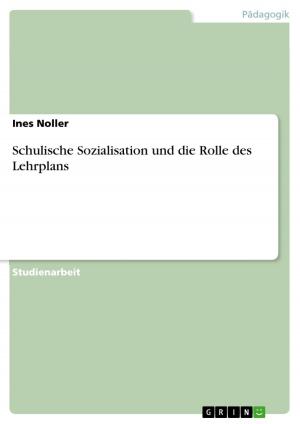Shared Attention Effects on Memory. Motivational Relevance as a Moderating Factor
Nonfiction, Health & Well Being, Psychology, Social Psychology| Author: | Manuel Wirth | ISBN: | 9783668596160 |
| Publisher: | GRIN Verlag | Publication: | December 18, 2017 |
| Imprint: | GRIN Verlag | Language: | English |
| Author: | Manuel Wirth |
| ISBN: | 9783668596160 |
| Publisher: | GRIN Verlag |
| Publication: | December 18, 2017 |
| Imprint: | GRIN Verlag |
| Language: | English |
Master's Thesis from the year 2016 in the subject Psychology - Social Psychology, grade: 2,0, University of Münster, language: English, abstract: Shteynberg's social tuning effect (2010) shows that synchronously experiencing something with relationally close others, leads to better memory for the attended object. With reference to the novel Relevance of a representation framework, the present study now investigated the motivational processes underlying this effect. The memory advantage was expected to appear only for objects that were motivationally relevant for an anticipated group interaction with relationally close others. In an online experiment, based on the original paradigm, participants completed a recognition memory test on words that were experienced in a (fictitious) group. The group condition (more vs. less relationally close) and the interaction condition (anticipated vs. not anticipated) were manipulated. As expected, it was found that those words were remembered better that were anticipated to be regarded in a group interaction, independent from group condition. The present study provides evidence for the key role of motivational relevance in cognitive processes, as postulated by ROAR.
Gesundheits- und Krankenpfleger, Psychologe
Master's Thesis from the year 2016 in the subject Psychology - Social Psychology, grade: 2,0, University of Münster, language: English, abstract: Shteynberg's social tuning effect (2010) shows that synchronously experiencing something with relationally close others, leads to better memory for the attended object. With reference to the novel Relevance of a representation framework, the present study now investigated the motivational processes underlying this effect. The memory advantage was expected to appear only for objects that were motivationally relevant for an anticipated group interaction with relationally close others. In an online experiment, based on the original paradigm, participants completed a recognition memory test on words that were experienced in a (fictitious) group. The group condition (more vs. less relationally close) and the interaction condition (anticipated vs. not anticipated) were manipulated. As expected, it was found that those words were remembered better that were anticipated to be regarded in a group interaction, independent from group condition. The present study provides evidence for the key role of motivational relevance in cognitive processes, as postulated by ROAR.
Gesundheits- und Krankenpfleger, Psychologe
